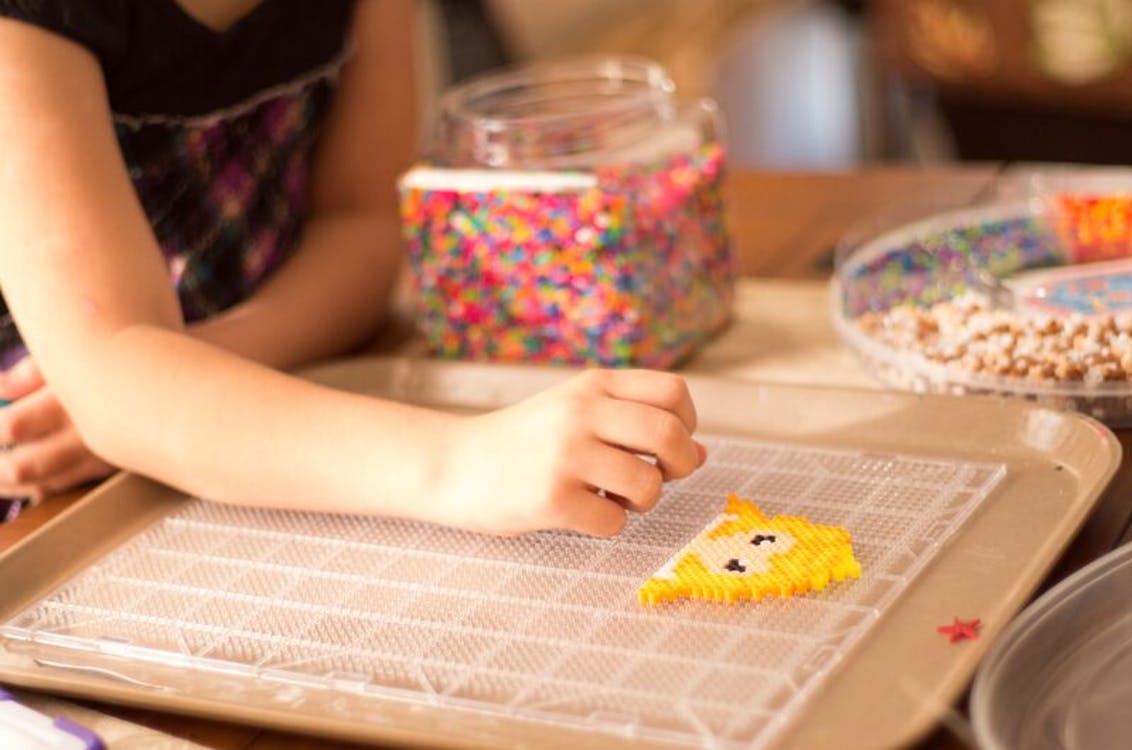Internet, Smartphones and IPads are a part of our world and our children’s. What challenges and risks does all this technology involve? That is the question today.
Back to the Family
Is technology bringing families – your family – closer together, or rather driving them further apart?
A touchy, but important question.
Kevin and Petra have three children, ages three, seven and ten. When they are not in school, the children are either watching TV or DVDs or playing video games. Should Kevin and Petra be concerned about this? In a way, they feel powerless and have given up the fight. If they were to try to cut back on media, there would be some big repercussions. “We used to have rules, but after a time we couldn’t enforce them anymore,” Petra lamented.
Regulating the use of media is a huge challenge. Many children grow up without rules. Sometimes there is a hint of guidelines, but they are not really put into practice.
One young man I know started playing video games at the age of twelve. When he was 20, he had to go into a psychiatric ward. He had lost all social competence and could only deal with computers. He told me life with a computer was much easier. People are too complicated. Well, of course. Computers do what you tell them to do; people are another story altogether.
At school, children share and encourage each other to download information from the Internet. Fascinating world. Pure excitement. It’s cool.
Social competence must be learned and practiced at home.
Socially competent children can converse sensibly with others and appreciate them. Relationships are important to them and they enjoy many social activities. For that they need the empathy that they will have learned at home with their parents.
What does a child learn who spends a large portion of his time in front of screens? A study from 2010 in Germany showed that 95% of the children between 6 and13 watch almost 100 minutes of TV every day. On top of that, 44% of 12-13 year-olds sit and play computer games. That means they spend more time with digital media than with their parents or friends. Nowadays, many years later, the statistics must be even worse.
When children experience nature at an early age, they develop a fascination and awe of creation that has a positive impact on every part of their lives.
Pixels for People
When every fourth grader in a class has a Smartphone, your son will, of course, want one too. When they play violent games, your daughter will not want to be left out. That’s for sure. Many parents depend on media to keep the children busy when they don’t have time for them. Both parents work outside the home so that when the children come home from school, no one is there. Some parents may come to the conclusion that their children may watch all the TV they want. Four or five hours – no problem. After all, many programs are educational, and they don’t notice any negative influence on family life.
What has become of our families? How do families behave nowadays in restaurants and other public places and transportation? Aren’t the members of the average family busy texting, surfing or reading rather than giving those present at the table, in the car, or next to them in the bus their undivided attention?
Today we carry a TV screen around with us in our pockets, ever present and ready for use. Screens have migrated from being in the background to the foreground of our lives, for children as well as adults. You might say we are trading 'pixels for people'.
Smartphones satisfy many needs, both real and artificial. Young people usually have no idea of the issues involved with media use. Normally no one discusses this with them, and when discussed, children are more interested in immediate gratification.
Limits
Many parents mean well, but are discouraged by their own limits:
· "I have too much to do and no time to enforce rules regulating media!"
· "My husband (or wife) would never support me in this matter!"
· "Once when I tried it, my children flipped out and we had a huge argument."
· "It takes a lot of energy to take a stand, hold it and explain the logic behind my decisions to the children in a way that they can understand and accept it. If I took the trouble to do that, I would also have to be consistent, which is not really a strength of mine."
Good Resolutions
This is the beginning of a series dedicated to the discovery of the neurological, psychological and educational effects of media on families and society. If you are motivated to make some good resolutions in this area, keep in mind that good resolutions alone will not produce results. However, if you as a parent, ideally with your spouse (or ex), will move forward one step at a time, you will be able to accomplish great things for your children. Years later, they will recognize what you did for them and thank you for it.
There are many good games available today that can have a positive impact on the development of the brain.
You can make positive changes that will make a difference in your children’s lives, both now and for the rest of their lives.
Warm greetings from Eastern Switzerland,
Terri & Ernst








